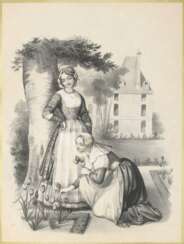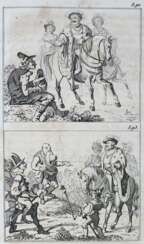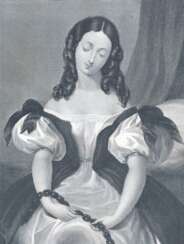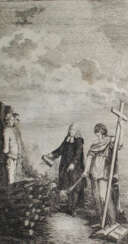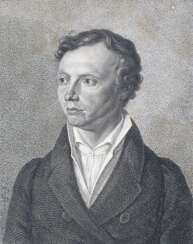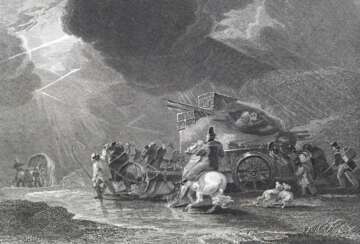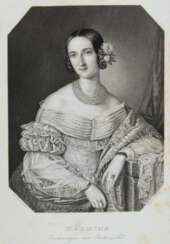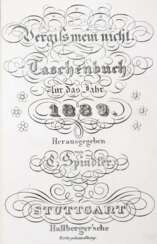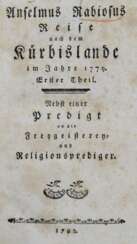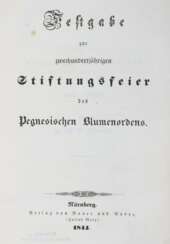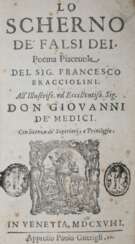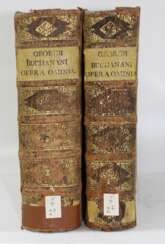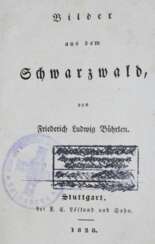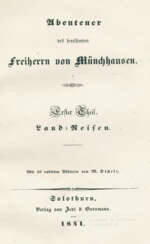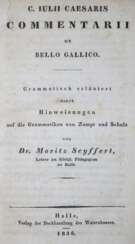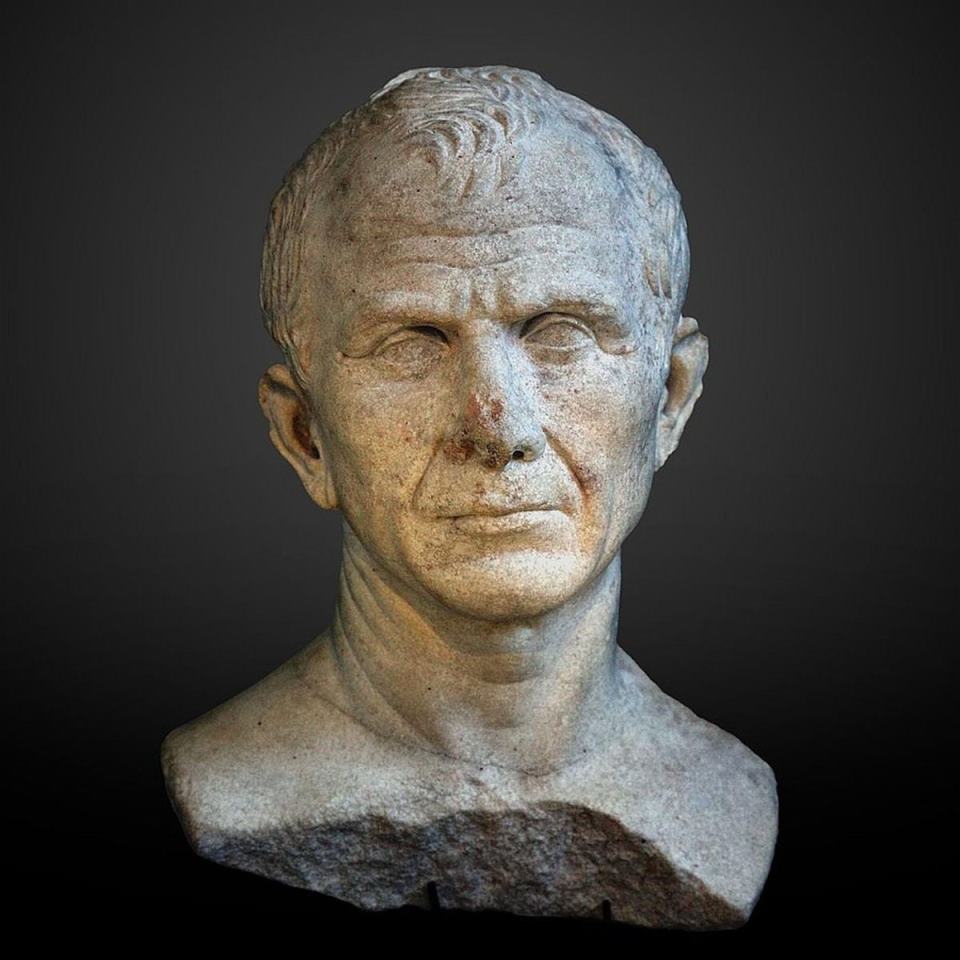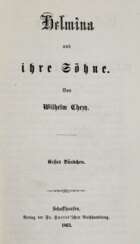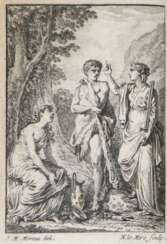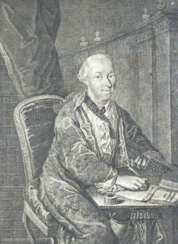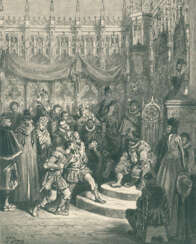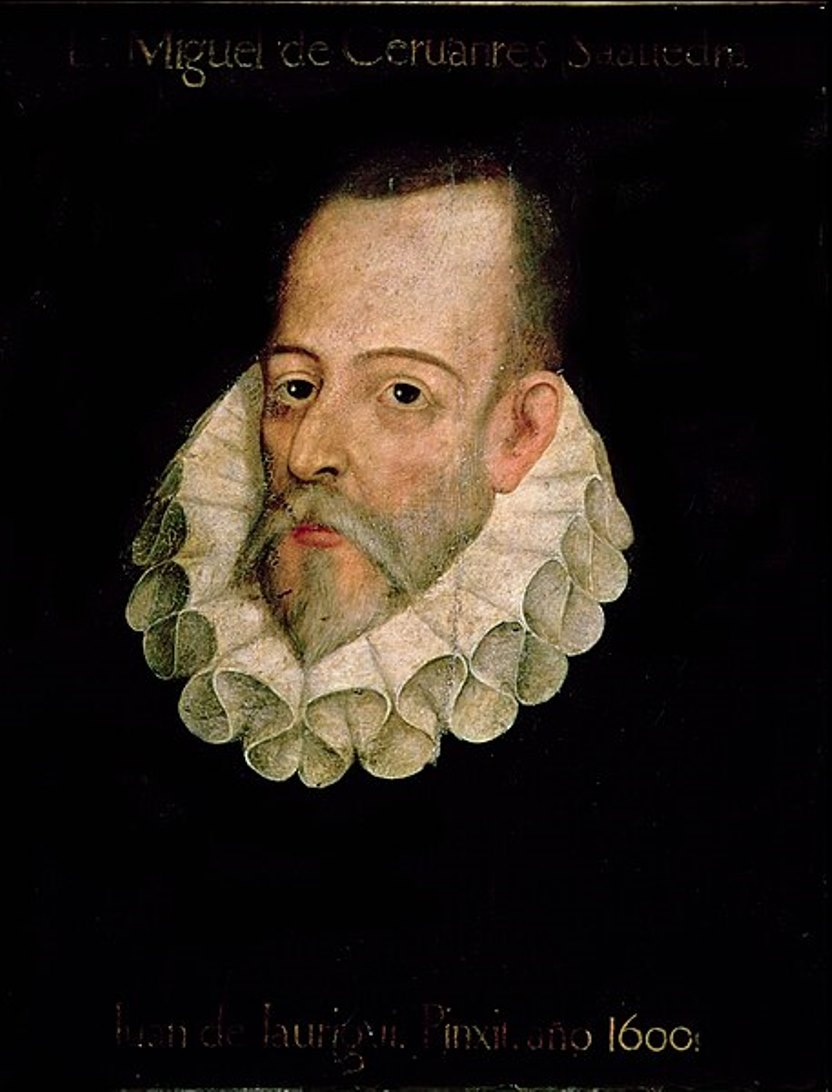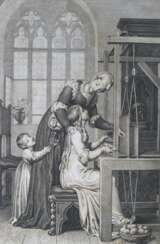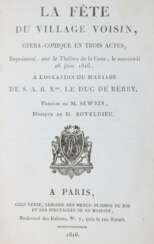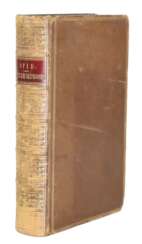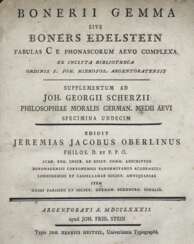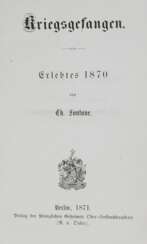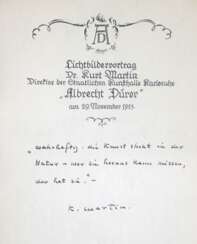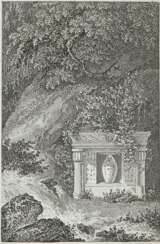
Literature and illustrated books up to the 19th century — A127: Art History, old and rare books, manuscripts
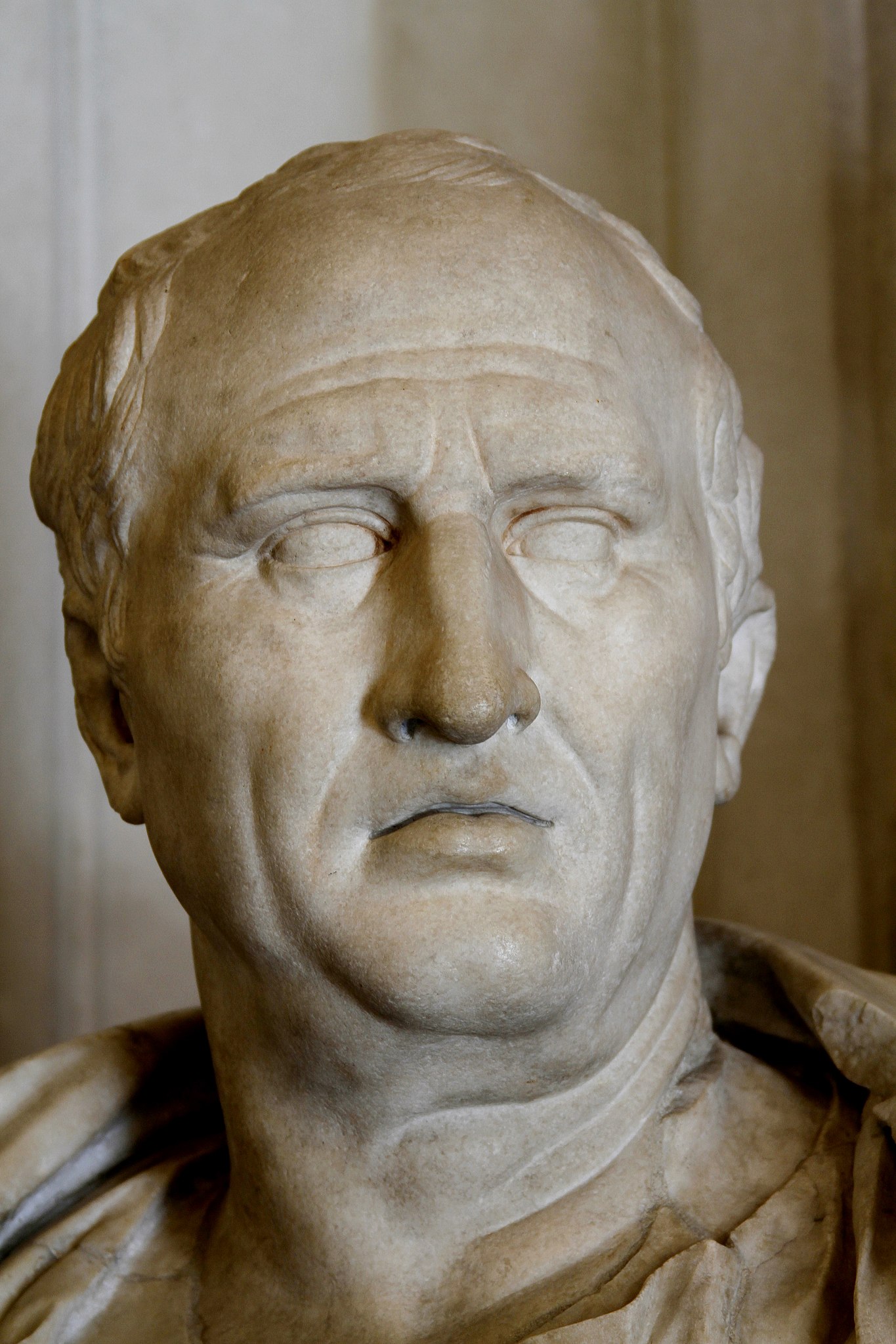
Marcus Tullius Cicero was a Roman statesman, lawyer, scholar, philosopher, and academic skeptic, who tried to uphold optimate principles during the political crises that led to the establishment of the Roman Empire. His extensive writings include treatises on rhetoric, philosophy and politics. He is considered one of Rome's greatest orators and prose stylists. He came from a wealthy municipal family of the Roman equestrian order, and served as consul in 63 BC.
His influence on the Latin language was immense. He wrote more than three-quarters of extant Latin literature that is known to have existed in his lifetime, and it has been said that subsequent prose was either a reaction against or a return to his style, not only in Latin but in European languages up to the 19th century. Cicero introduced into Latin the arguments of the chief schools of Hellenistic philosophy and created a Latin philosophical vocabulary with neologisms such as evidentia, humanitas, qualitas, quantitas, and essentia, distinguishing himself as a translator and philosopher.
Johann Wolfgang von Goethe, a German polymath and writer, is celebrated as one of the most influential figures in the German language and Western culture. His vast array of works spans poetry, novels, plays, and scientific writings, reflecting his diverse interests and profound impact on various fields.
Goethe's early life in Frankfurt laid the foundation for his diverse interests. After studying law, he gained fame with "The Sorrows of Young Werther," which led to an invitation to the Weimar court. His contributions there were significant, including roles in the ducal council, mining supervision, and cultural endeavors like theater management and the botanical park's planning.
His literary achievements are vast, with notable works like "Faust" and "Wilhelm Meister's Apprenticeship," which delve into human nature and societal reflections. Goethe's "Sturm und Drang" period was marked by intense emotion and a break from traditional forms, influencing subsequent cultural movements.
Johann Wolfgang von Goethe's interest in science is equally noteworthy. He made contributions to biology, zoology, and color theory, advocating for a holistic view of nature and expressing skepticism toward restrictive scientific methodologies. His works in these areas reflect a deep desire to understand and articulate the natural world's interconnectedness.
For art collectors and experts, Goethe's influence extends beyond his literary and scientific contributions. His role in Weimar Classicism and his artistic endeavors offer rich insights into the period's cultural landscape, providing a multifaceted perspective on his legacy.
To stay informed about developments and events related to Johann Wolfgang von Goethe, consider signing up for updates. This subscription will keep you informed about new product sales and auction events related to Goethe's works and influence, offering exclusive insights for enthusiasts and collectors.
